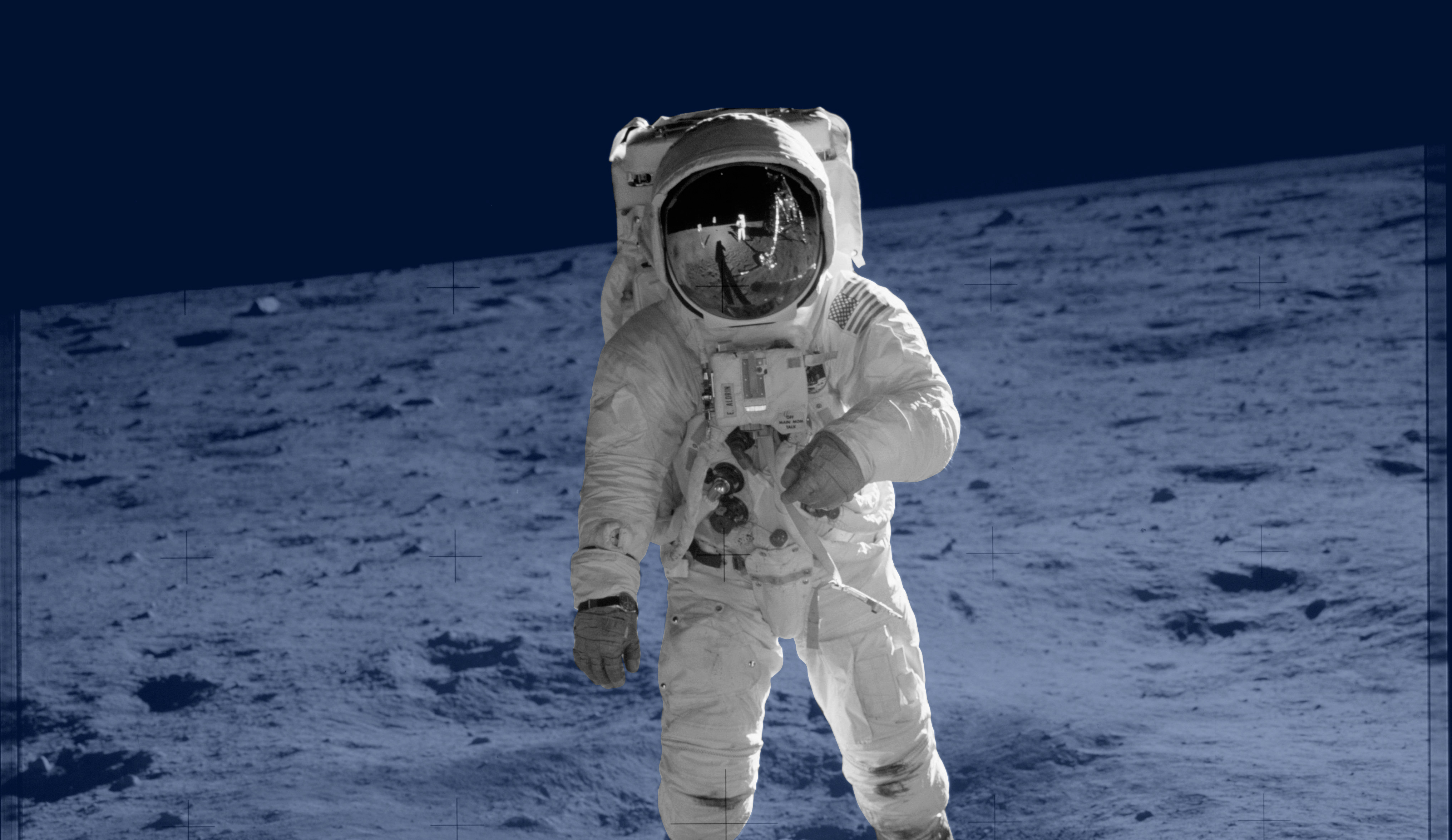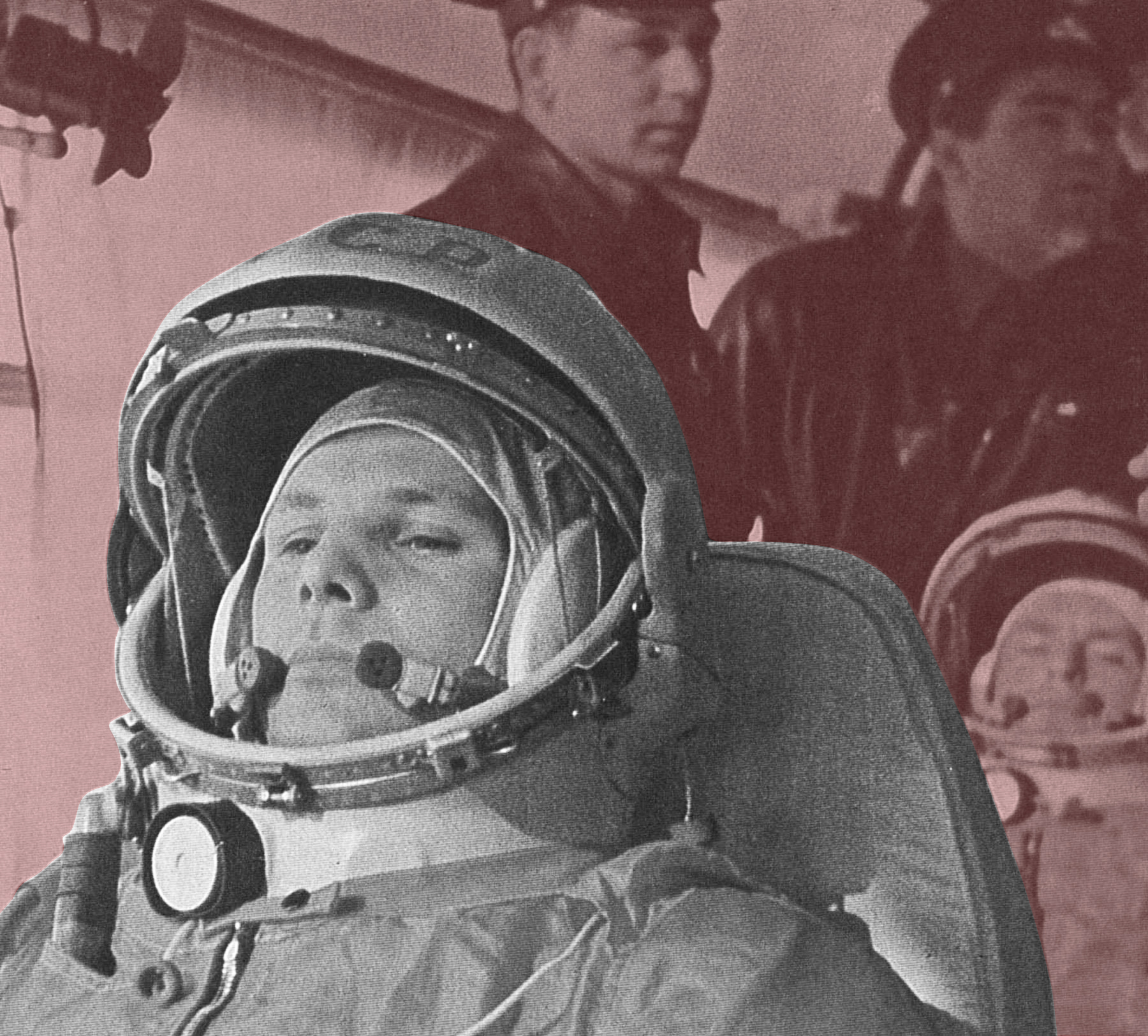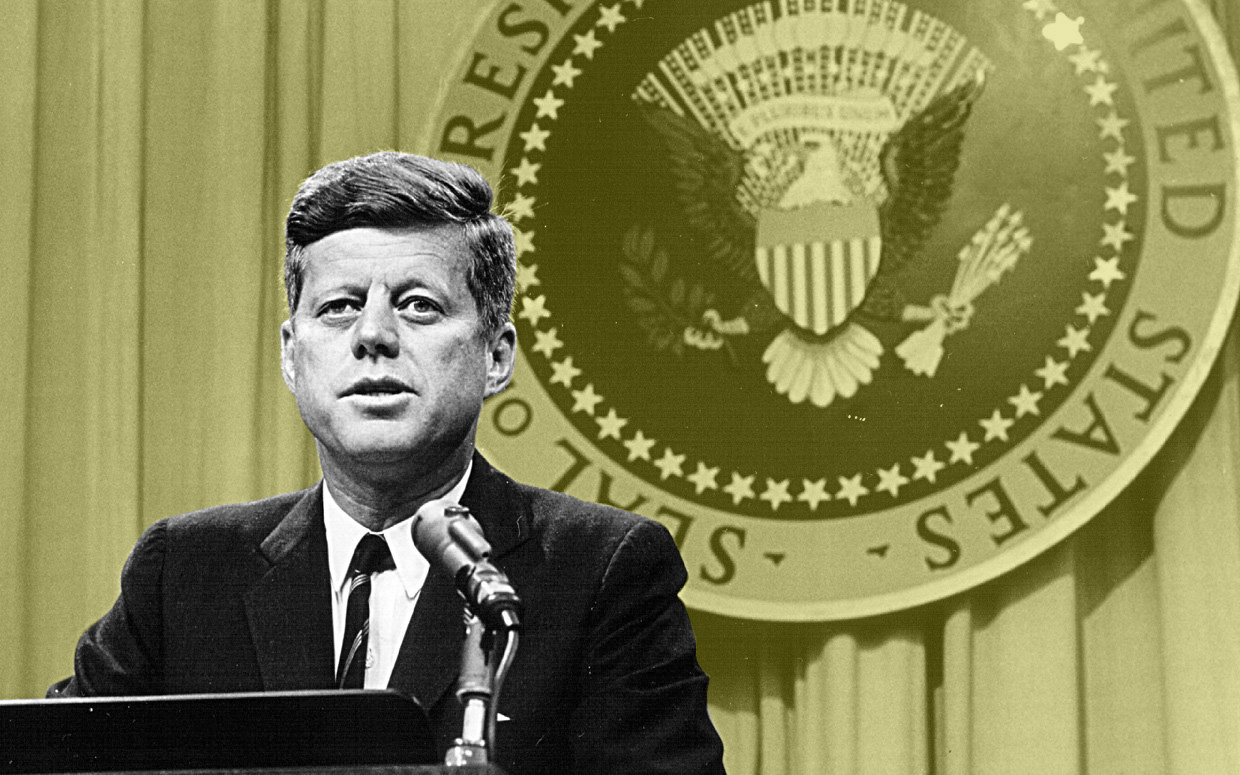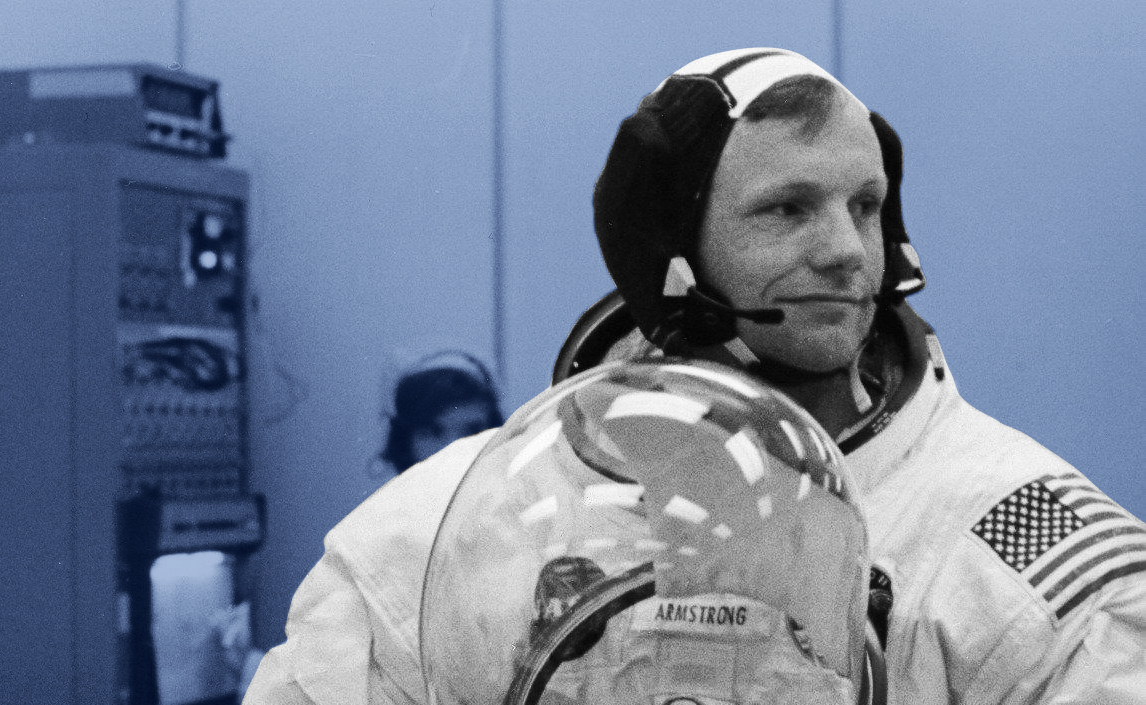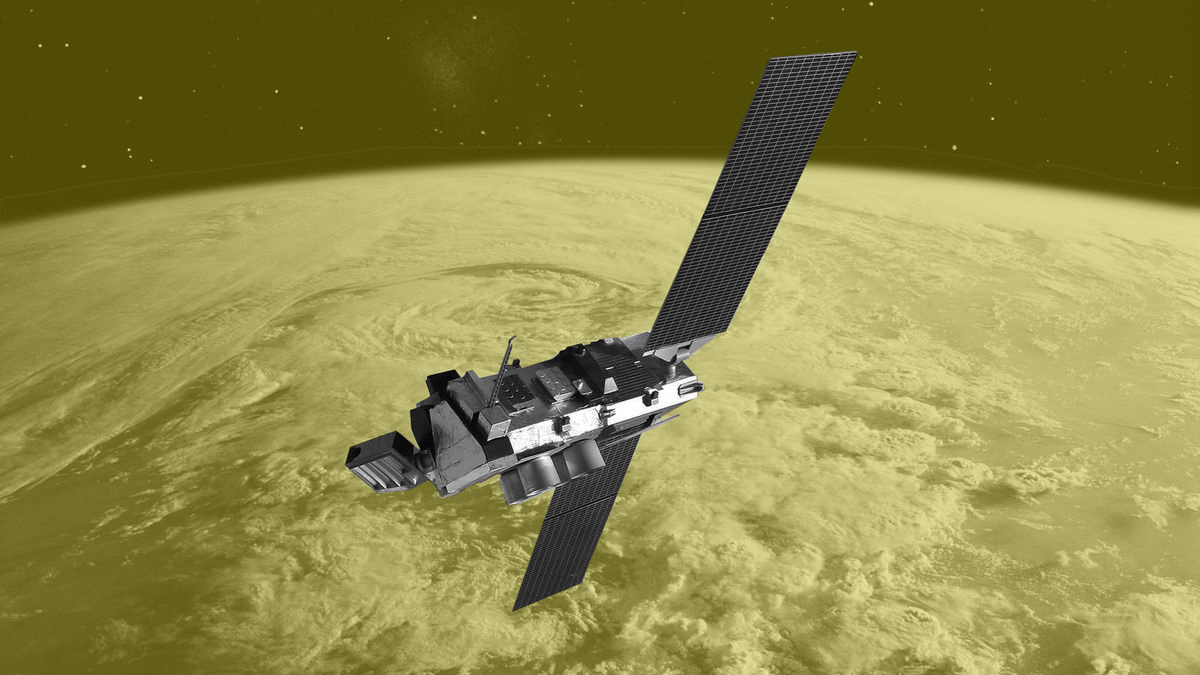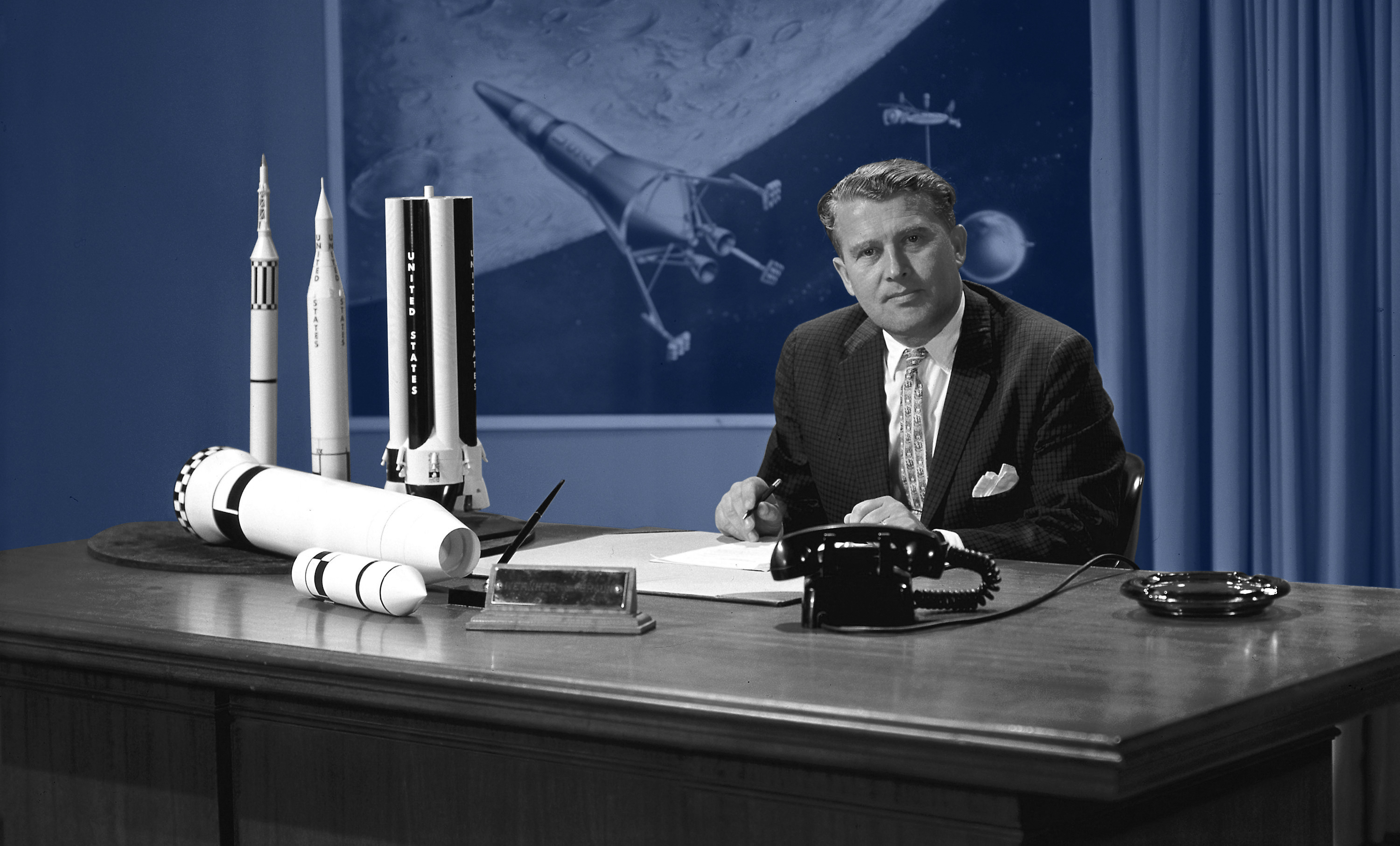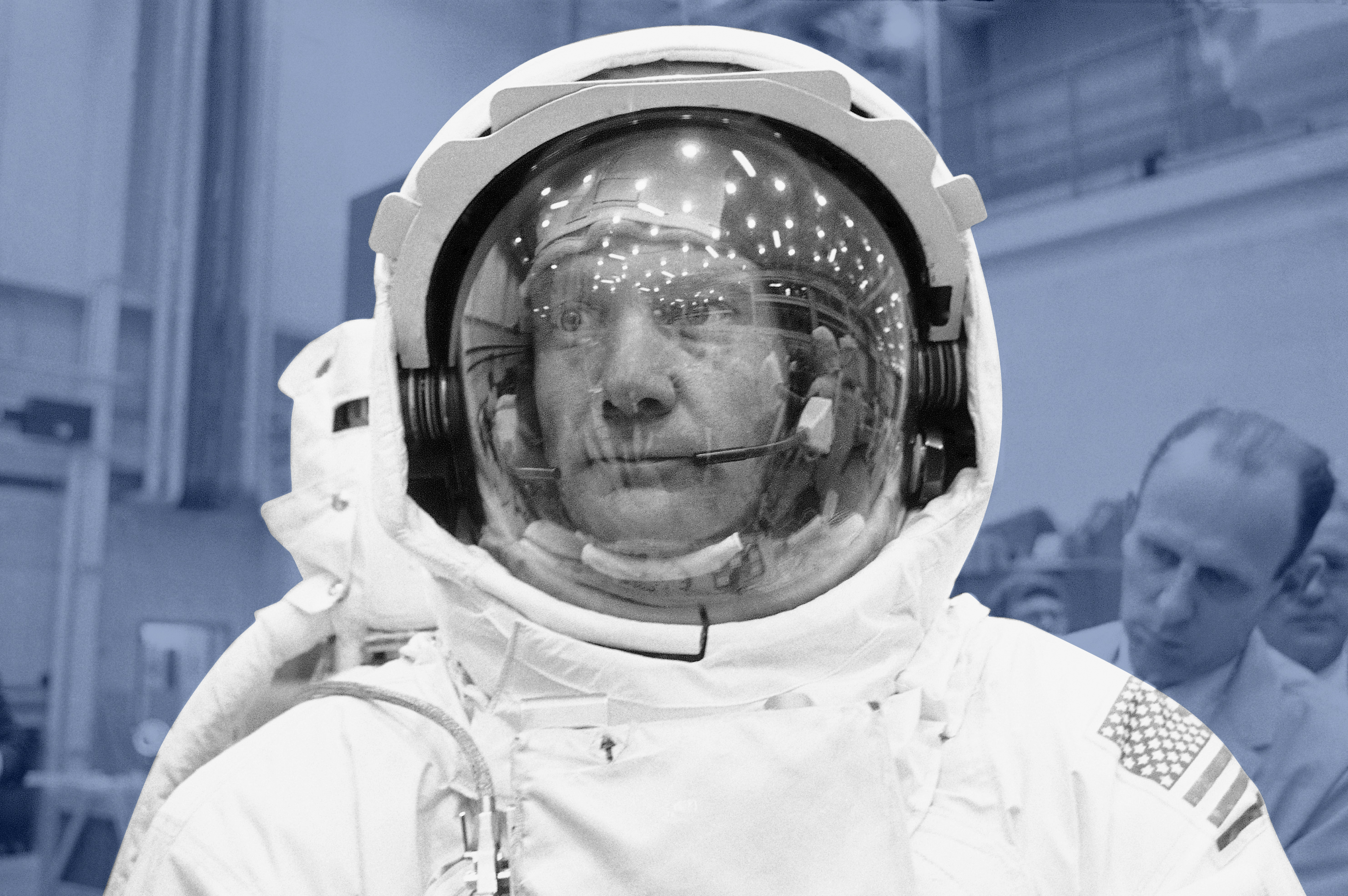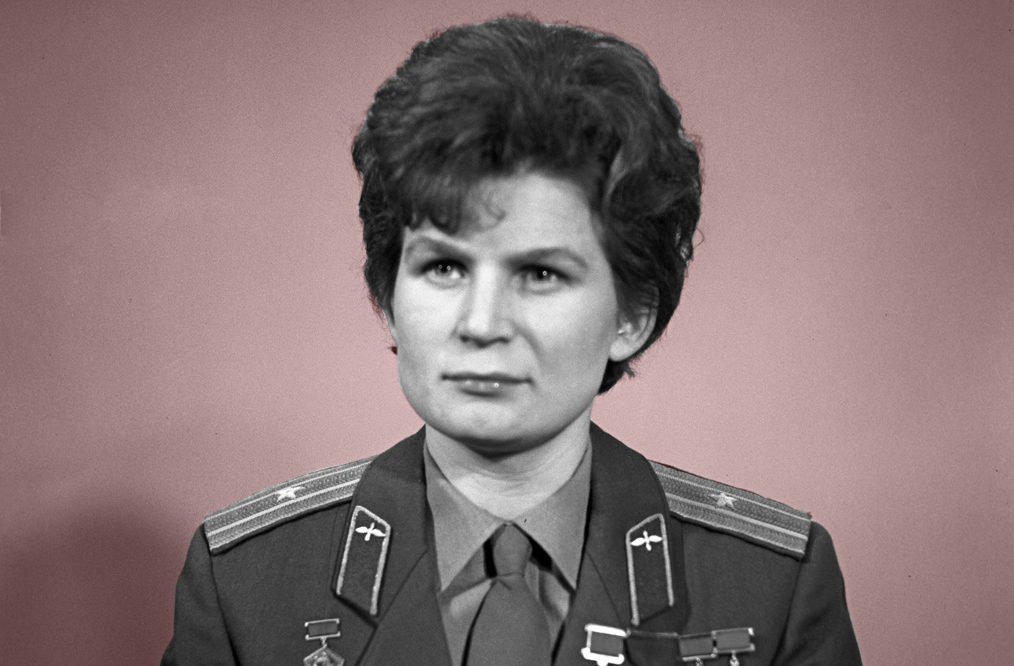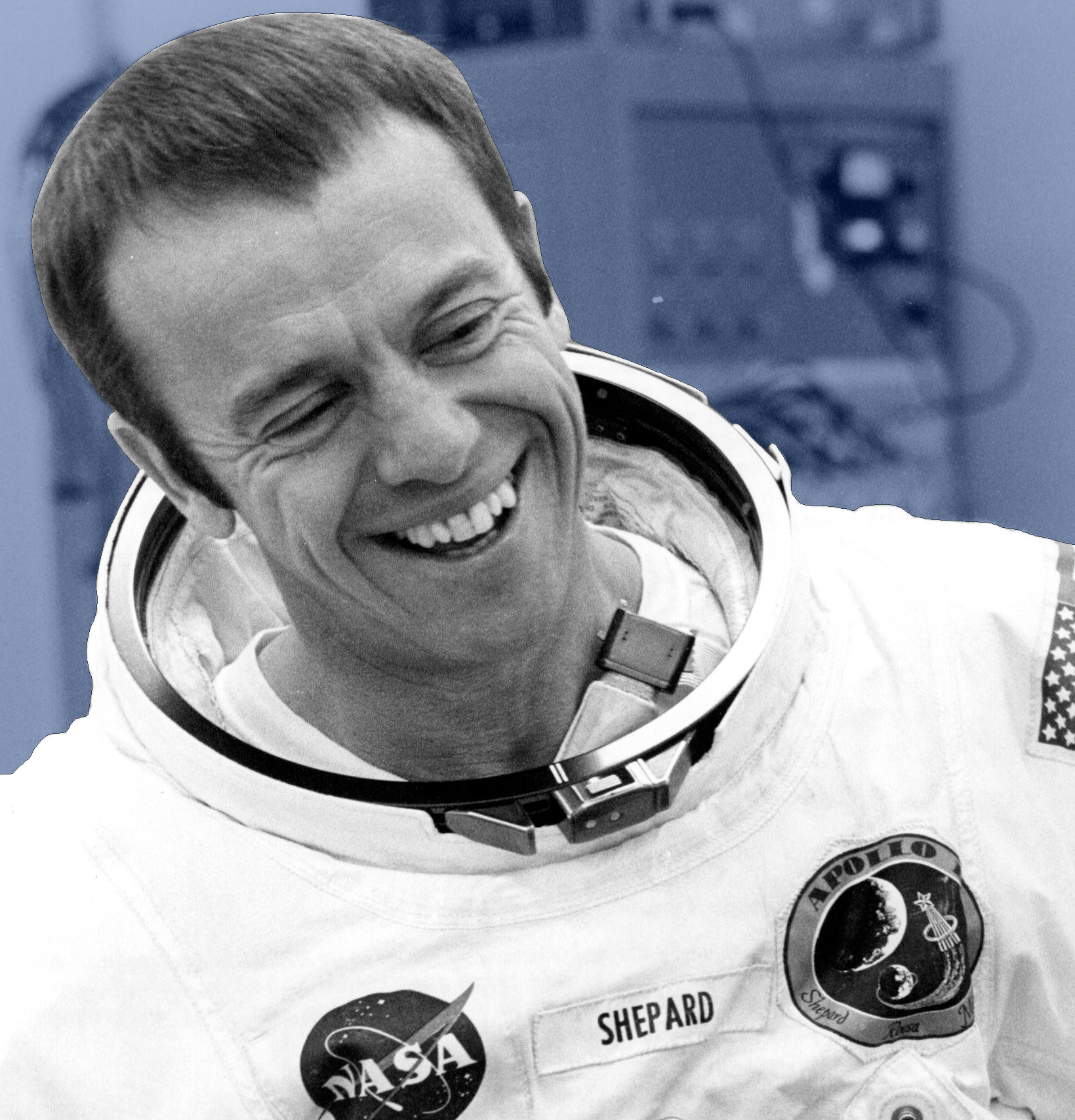-
The First Steps on The Moon On July 20, 1969, American astronauts Neil Armstrong (1930-2012) and Edwin “Buzz” Aldrin (1930-) became the first humans ever to land on the moon. About six-and-a-half hours later, Armstrong became the first person to walk on the moon. As he set took his first step, Armstrong famously said, “That’s… Read more »
-
The First Man in Space On April 12, 1961, aboard the spacecraft Vostok 1, Soviet cosmonaut Yuri Alekseyevich Gagarin becomes the first human being to travel into space. During the flight, the 27-year-old test pilot and industrial technician also became the first man to orbit the planet, a feat accomplished by his space capsule in 89 minutes…. Read more »
-
What Made The Race So Significant The Space Age spawned two outstanding space programs as a result of the hot competition between the United States and the Soviet Union. Both countries gave primary emphasis in their space efforts to a combination of national security and foreign policy objectives, turning space into an area of active… Read more »
-
The First Man on The Moon Neil Armstrong was born in Wapakoneta, Ohio, on August 5, 1930. After serving in the Korean War and then finishing college, he joined the organization that would become NASA. He joined the astronaut program in 1962 and was command pilot for his first mission, Gemini VIII, in 1966. He… Read more »
-
The First Man in Space In April 1961, cosmonaut Yuri Gagarin’s spacecraft Vostok I was launched at 9:07, orbited Earth once and landed at 10:55 in the Soviet Union. His spaceflight brought him immediate worldwide fame. Gagarin was awarded the Order of Lenin and given the titles Hero of the Soviet Union and Pilot Cosmonaut of… Read more »
-
Revolutionizing Our Society As controversies swirl about funding, resources, motives and methods for spaceflight, it is well to consider the consequences of exploring space – and of choosing not to do so. Earlier essays have already analyzed in broad terms some of the potential consequences of not exploring, especially the lack of creativity that an… Read more »
-
The Rocket Man Wernher von Braun was one of the most important German weapons specialists to work on rocketry and jet propulsion in the U.S. after WWII. He disapproved of military use of the rocket and surrendered willingly to American troops in 1945, eventually becoming technical director of the U.S. Army Ordnance Guided Missile Project… Read more »
-
Second Man on The Moon Buzz Aldrin was born on January 20, 1930, in Montclair, New Jersey. His father, a colonel in the U.S. Air Force, encouraged his interest in flight. Aldrin became a fighter pilot and flew in the Korean War. In 1963, he was selected by NASA for the next Gemini mission. In… Read more »
-
The First Woman in Space After the flight of Yuri Gagarin in 1961, Sergey Korolyov, the chief Soviet rocket engineer, came up with the idea of putting a woman in space. On 16 February 1962, Valentina Tereshkova was selected to join the female cosmonaut corps. Out of more than four hundred applicants, five were selected:… Read more »
-
An American Pioneer Alan Shepard was born on November 18, 1923, in New Hampshire. In 1959, Shepard became one of the original seven Mercury program astronauts. In May 1961, 23 days after Yuri Gagarin became the first human to orbit Earth, Shepard made a 15-minute suborbital flight that reached an altitude of 115 miles. He… Read more »
-
An American Hero John Glenn Jr. was born on July 18, 1921 in Cambridge, Ohio. A Marine pilot, he was selected in 1959 for Project Mercury astronaut training. He became a backup pilot for Alan B. Shepard Jr. and Virgil “Gus” Grissom, who made the first two U.S. suborbital flights into space. Glenn was selected… Read more »
-
The First To Reach The Moon Luna 1 was the first spacecraft to reach the Moon, and the first of a series of Soviet automatic interplanetary stations successfully launched in the direction of the Moon. The spacecraft was sphere-shaped. Five antennae extended from one hemisphere. Instrument ports also protruded from the surface of the sphere…. Read more »
-
The First Manned Mission to The Moon On December 21, 1968, Apollo 8, the first manned mission to the moon, blasted off from present-day Cape Canaveral in Florida. The plan called for the three astronauts onboard to come within about 70 miles of the moon, circle it several times and return safely home, all while… Read more »
-
America’s Orbit Around Earth On February of 1962 John Hershel Glenn Jr. was successfully launched into space aboard the Friendship 7 spacecraft on the first orbital flight by an American astronaut. Glenn, a lieutenant colonel in the U.S. Marine Corps, was among the seven men chosen by the National Aeronautics and Space Administration (NASA) in… Read more »
-
The First American in Space From Cape Canaveral, Florida, Navy Commander Alan Bartlett Shepard Jr. was launched into space aboard the Freedom 7 space capsule on May 5,1961, becoming the first American astronaut to travel into space. The suborbital flight, which lasted 15 minutes and reached a height of 116 miles into the atmosphere, was… Read more »
-
Not Exactly Science Fiction NASA is developing the capabilities needed to send humans to an asteroid by 2025 and Mars in the 2030s. Mars is a rich destination for scientific discovery and robotic and human exploration as we expand our presence into the solar system. Its formation and evolution are comparable to Earth, helping us learn… Read more »
-
The First Satellite in Space History changed on October 4, 1957, when the Soviet Union successfully launched Sputnik I. The world’s first artificial satellite was about the size of a beach ball (58 cm.or 22.8 inches in diameter), weighed only 83.6 kg. or 183.9 pounds, and took about 98 minutes to orbit the Earth on… Read more »
-
The First U.S. Satellite Immediately after the Sputnik I launch in October, the U.S. Defense Department responded to the political furor by approving funding for another U.S. satellite project. As a simultaneous alternative to Vanguard, Wernher von Braun and his Army Redstone Arsenal team began work on the Explorer project. Explorer 1 was the first… Read more »
Close
